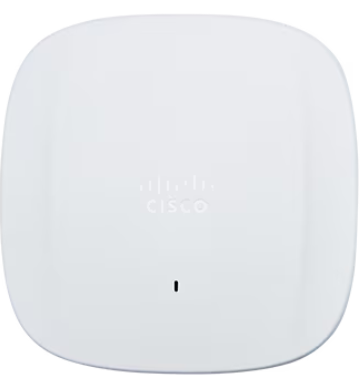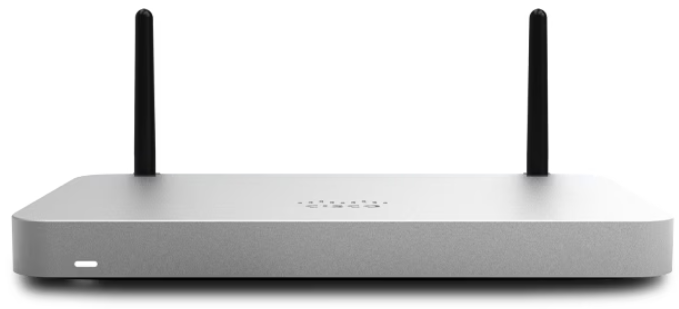Everything works better on a cloud-managed network.
Meraki Secure Networking refers to a comprehensive approach to network security offered by Cisco Meraki, a cloud-managed IT company specializing in networking hardware and software. Here are some key aspects of Meraki Secure Networking:
Cloud Management: Meraki devices are centrally managed through the cloud, allowing for easy deployment, monitoring, and management of networks from anywhere with an internet connection. This cloud-based approach simplifies network management tasks and reduces the need for on-site hardware and management infrastructure.
Security Features: Meraki devices include built-in security features such as stateful firewall, intrusion detection and prevention (IDS/IPS), content filtering, and advanced malware protection. These features help protect networks from various cyber threats and unauthorized access attempts.
Layered Security: Meraki emphasizes a layered security approach, integrating multiple security technologies to provide comprehensive protection against evolving threats. This includes combining firewall rules, VPN capabilities, and security protocols to secure network traffic both within and outside the organization.
Scalability: Meraki’s solutions are designed to scale easily from small businesses to large enterprises. Whether it’s adding new devices, expanding coverage, or integrating new security features, Meraki’s cloud-based management makes it straightforward to scale networks according to changing business needs.
Visibility and Control: Administrators using Meraki have extensive visibility into network activity and security events through intuitive dashboards and reporting tools. This visibility allows for proactive monitoring,
Managed Service Providers (MSPs) play a crucial role in network monitoring, providing proactive and responsive monitoring services to their clients. Here are key aspects of MSP network monitoring:
Proactive Monitoring: MSPs use monitoring tools and software to continuously observe their clients’ networks. This proactive approach helps detect potential issues before they escalate into problems that could impact network performance or security.
24/7 Monitoring: MSPs often provide round-the-clock monitoring services, ensuring that networks are monitored and managed at all times, including outside regular business hours. This constant vigilance helps in quickly addressing any issues that arise, even during off-peak times.
Performance Monitoring: MSPs monitor various aspects of network performance, such as bandwidth utilization, latency, packet loss, and device health. By tracking these metrics, they can identify performance bottlenecks and optimize network resources.
Security Monitoring: Security is a critical component of MSP network monitoring. MSPs employ tools for monitoring security events, detecting anomalies, and responding to potential security threats promptly. This includes monitoring for unauthorized access attempts, malware outbreaks, and other suspicious activities.
Alerting and Notification: MSPs configure monitoring systems to generate alerts and notifications when predefined thresholds or conditions are met. These alerts can be sent via email, SMS, or through dedicated monitoring dashboards, ensuring that IT staff can respond quickly to emerging issues.
Reporting and Analysis: MSPs often provide regular reports and analysis to their clients, detailing network performance metrics, security incidents, and overall health status. These reports help clients understand the effectiveness of their network infrastructure and the value provided by the MSP.
Remote Management: MSPs leverage remote management capabilities to perform troubleshooting, configuration changes, and updates without needing physical access to clients’ network infrastructure. This capability enhances efficiency and reduces downtime.
Compliance and Auditing: For clients in regulated industries, MSPs ensure that network monitoring meets compliance requirements and supports audit processes. This includes maintaining logs, documenting incidents, and implementing security best practices.
Overall, MSP network monitoring is essential for ensuring the reliability, performance, and security of clients’ networks while enabling businesses to focus on their core activities without the burden of day-to-day network management.








